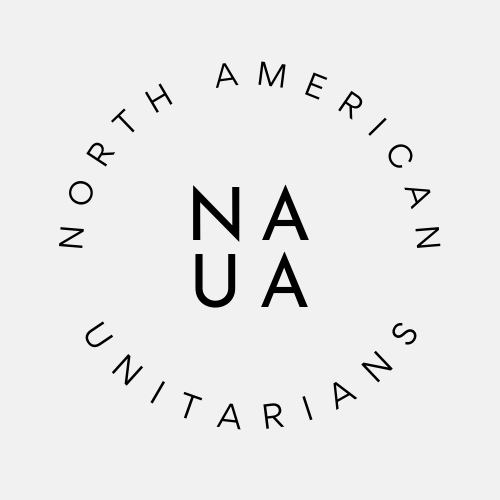Now that summer vacation has officially begun, I thought I would discuss in a little more detail some of the benefits of unstructured play without adult intervention. (There are still spots available for volunteer supervisors: sign up here!)
Two things are very typical in most children’s experiences: 1) formal sports and 2) formal schooling. But what can we learn from informal sports, and what does the School of Hard Knocks have to teach us?
Informal Sports
Child psychologist and co-founder of Let Grow, Peter Gray, has written an article in Psychology today about informal sports versus formal sports. In informal sports – think about the backyard games you may have devised as a child – the kids decide the teams, so the competition is just for fun. There are, as Gray says, no trophies to win or coaches to disappoint. They can stop the game whenever they stop having fun. They are intrinsically motivated to do what it takes to keep everyone having fun, including the kids from the “enemy” team.
Kids will often spend a lot of time defining the rules of play. This means they might “play easy” on younger kids with lower skills, or create a rule that skilled players have to use a non-dominant hand. Boundaries and bases can shift. In an effort to keep the game going, they are constantly changing the rules and giving everyone what they consider reasonable accommodations.
This will sound exasperating and unfair to adult ears, but setting up the rules of play is probably more important than the game itself, since this is when children learn how to consider other viewpoints, advocate for themselves, and ultimately build consensus in order to take action.
I saw this phenomenon first-hand during the pandemic school year (the first one, or maybe technically it was the second) when I hosted a learning pod in my home. We went to the neighborhood park at least once a week to play kickball. Had I not been keenly interested in child development, I would have been bored watching them. They spent so much time discussing how to make teams fair and what “counted” as a hit. But their desire for clarity and inclusion was really inspiring, and kickball became one of the most valuable learning experiences of the year.
The School of Hard Knocks
In that same learning pod year, I trained myself to not respond to students’ questions with an answer. Instead, I replied, “What have you tried so far? Who else have you asked?” And then I might suggest, “Let’s solve it together.”
It is really hard for parents, teachers, and RE volunteers to not rush to the aid of a child. Aren’t we there to help them? Yes, and of course sometimes you just reply to their queries with an answer. But it is so much more empowering to let them figure it out – on their own or with their peers. In Play Club, adults play a minimal role, intervening only when there are true emergencies. Supervisors will see children get minor owies and engage in verbal conflict. They will see children fail.
Mike Yates, an educator and Let Grow blog contributor, says that “failure is a necessary part of the learning process and not the end of it. For parents and teachers, one of the best things we can do for a child is move out of their way. They will learn a lot more from trying and failing than they will from having their problems solved for them.” Read more about his graduation from the School of Hard Knocks in this blog post. His mom sounds like my role model!
Democracy
Remember that we are instituting a Let Grow Play Club at UUCS because it is a vehicle for upholding our UU values. When children set up the rules of play and figure things out on their own, they are engaging in the work of democracy. They are acting as worthy individuals who are their own agents — making decisions that benefit themselves, other people, and society at large.
This quote from the UUA website has particular resonance for me as a reflection on how kids act when they are given unstructured, unsupervised playtime:
“In our religious lives, the democratic process requires trust in the development of each individual conscience—a belief that such development is possible for each of us, as well as a commitment to cultivate our own conscience. We could call it a commitment to the value of each person. In the words of Theodore Parker, ‘Democracy means not “I am as good as you are,” but “You are as good as I am.”’ My connection with the sacred is only as precious as my willingness to acknowledge the same connection in others.”
Rev. Parisa Parsa, executive director of the Public Conversations Project (read more from Parisa in The Seven Principles in Word and Worship, ed. Ellen Brandenburg.)
Sign up here to be a volunteer Play Club supervisor!

